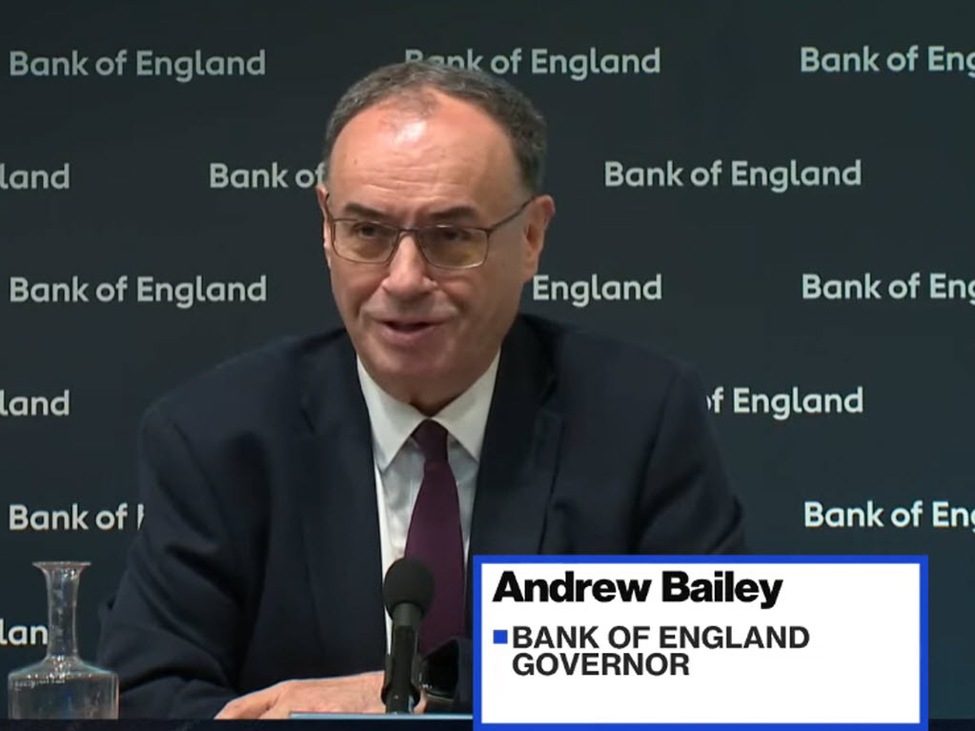BOE Governor Bailey warned the UK faces an “acute challenge” to boost growth as weak labor participation and poor productivity weigh on potential output. With the economy’s “speed limit” lowered to just over 1%, he said low potential growth leaves Britain prone to inflation and complicates monetary policy.
—
Bank of England Governor Andrew Bailey said the UK faces an “acute challenge” in raising its long-term growth potential due to weak labor force participation. Speaking at the Fed’s Jackson Hole symposium, he noted that unemployment is not the issue, but rather the drop in people willing or able to work. Unless participation rises, productivity growth will need to carry more of the burden.
Bailey described the situation as “a pretty sad story for the UK,” pointing to the combination of weak productivity and declining participation since the pandemic. The BOE has cut its estimate of the UK’s potential growth rate to just above 1%, a level that leaves the economy more vulnerable to inflation. That challenge was evident in the Bank’s recent rate cut to 4%, where it still flagged inflation risks.
He added that officials had expected rising unemployment after Covid, but instead saw labor supply shrink, a dynamic that fuelled inflation persistence and kept policy tight for longer. While labor demand is now starting to fall, Bailey warned the growth outlook remains constrained.

